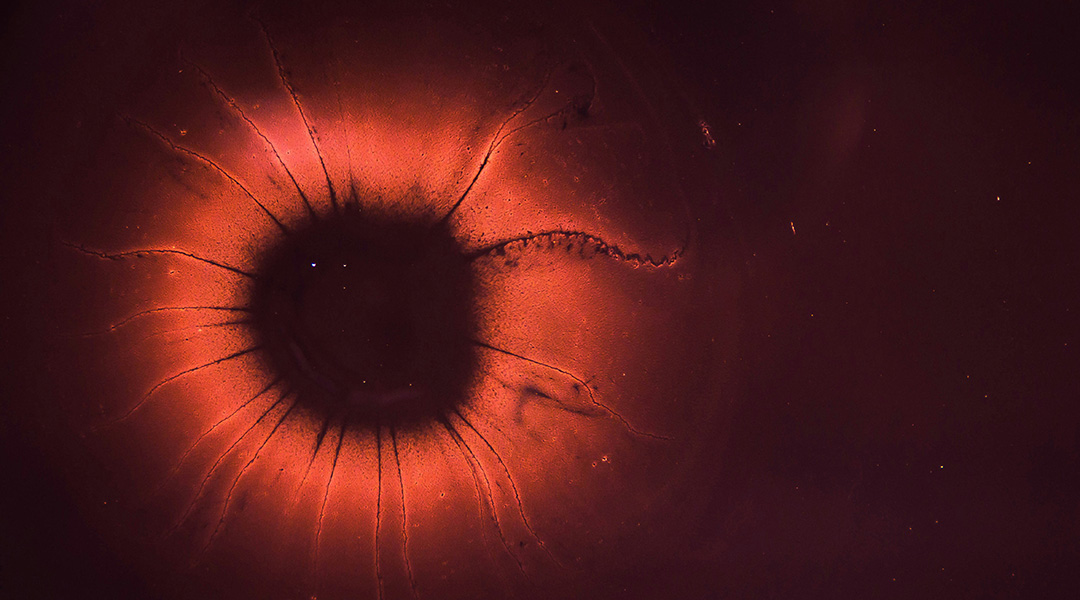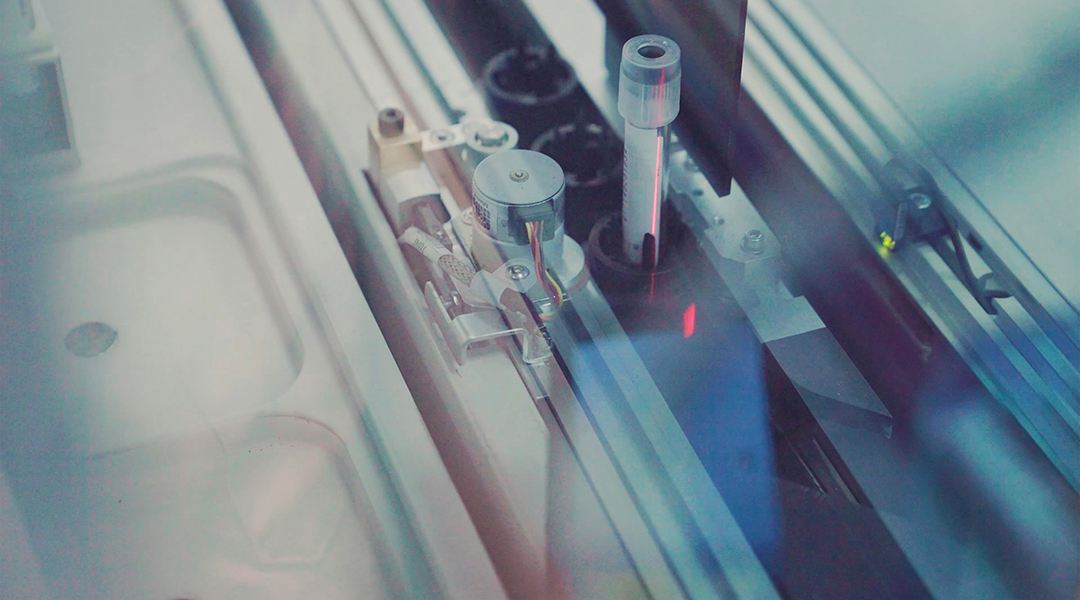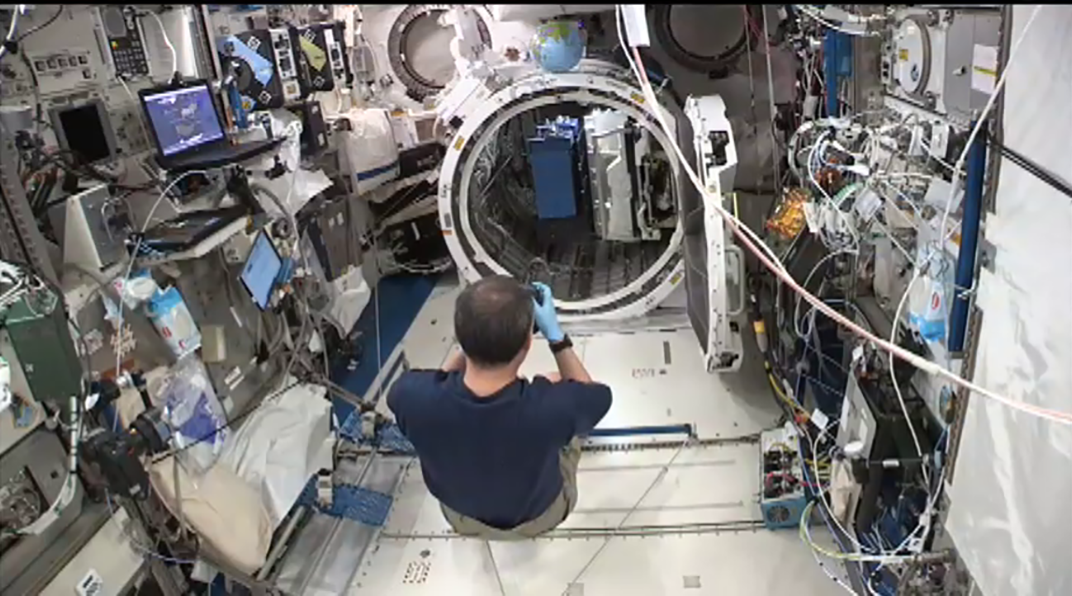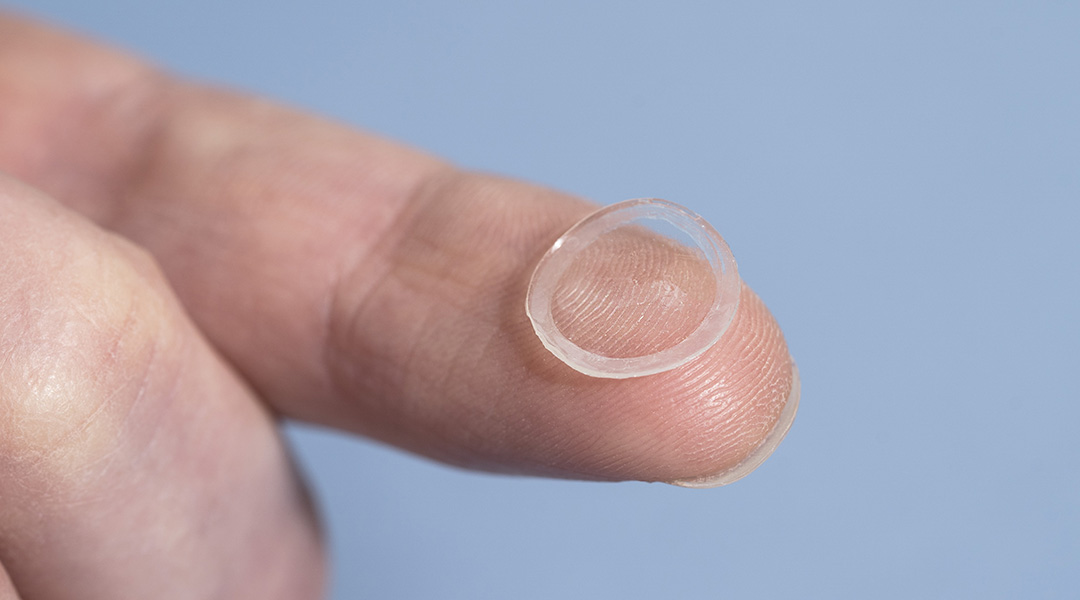Cell-laden hydrogels could promote tissue regeneration while avoiding immune rejection.


Cell-laden hydrogels could promote tissue regeneration while avoiding immune rejection.

Cells that can no longer divide may play a role in the chronic inflammation that weakens the immune system and contributes to aging.

AI might be fast and efficient, but scientists still don’t know whether integrating it with cloud-based labs will be worth the rewards.

Cosmic radiation degrades medications like ibuprofen, highlighting the need for new “space” medicines with modified formulations.

With its unique carbon fiber skeleton, this jumping robot closely mimics the energy-storing tissue found in insects.

Study finds tactile learning in education helps kids engage multiple senses, leading to a richer and more interactive learning experience.

Bacterial biofactories embedded in the rim of the lens continually produce hyaluronic acid, a natural lubricant, to keep the contacts moist.

A vaccine to prevent melioidosis, a tropical bacterial disease and possible bioterrorism threat, succeeded in initial trials.

Microscopic machines powered by light are a “double threat” to bacteria and could help combat the growing problem of drug resistance.

Using electrochemical sensors, this new device can be used to combat water pollution by detecting heavy metals, like lead.